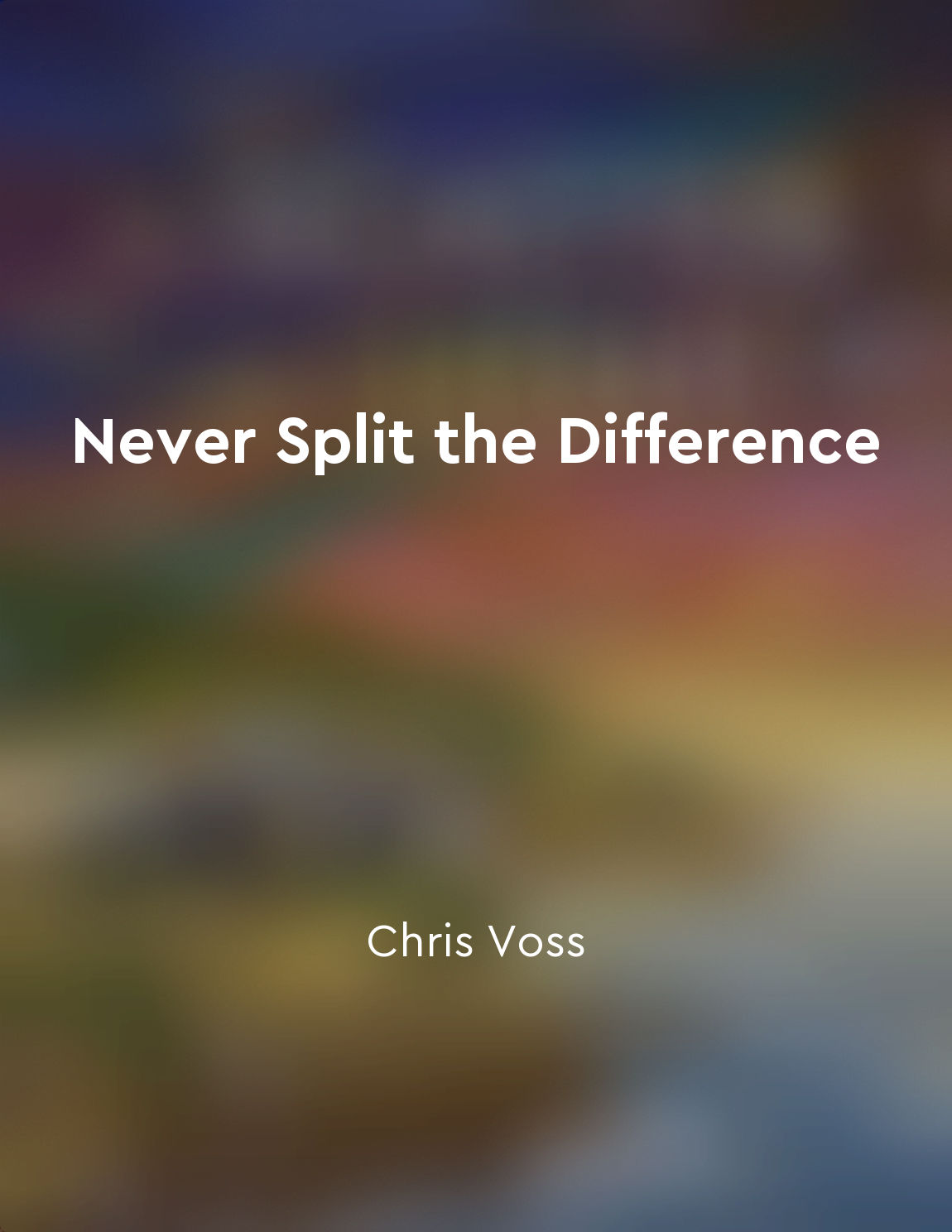Audio available in app
Ask openended questions to gather information from "summary" of Never Split the Difference by Chris Voss,Tahl Raz
To truly understand the other party's perspective and motivations, it is crucial to ask open-ended questions that encourage them to share information freely. These types of questions do not have a simple yes or no answer, but rather require the other person to elaborate and provide more insight into their thoughts and feelings. By asking open-ended questions, you create a space for the other party to express themselves openly and honestly, which can lead to uncovering valuable information that may not have been revealed otherwise. Open-ended questions also allow you to gather more detailed and nuanced information that can help you better understand the other party's needs, desires, and concerns. This deeper level of understanding is essential for building rapport, establishing trust, and ultimately reaching a successful negotiation outcome. When you ask open-ended questions, you demonstrate a genuine interest in the other person's perspective, which can help to foster a more productive and cooperative conversation. Furthermore, open-ended questions can help you uncover hidden or unspoken motivations that may be driving the other party's behavior. By encouraging them to share more about their thoughts and feelings, you may discover underlying reasons behind their actions that you can then address or leverage in the negotiation process. This deeper level of insight can give you a strategic advantage and help you navigate the negotiation more effectively.- Asking open-ended questions is a powerful communication tool that can help you gather valuable information, build rapport, and uncover hidden motivations during a negotiation. By creating a space for the other party to share openly and honestly, you can gain a deeper understanding of their perspective and ultimately increase your chances of reaching a mutually beneficial agreement.


